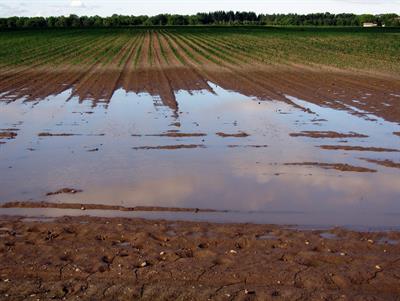Abiotic stresses in agroecology: a challenge for whole plant physiology

Understanding plant responses to abiotic stresses is central to our ability to predict the impact of global change and environmental pollution on the production of food, feed and forestry. Besides increasing CO2 concentration and rising global temperature, increasingly frequent and severe climatic events (e.g. extended droughts, heat waves, flooding) are expected in the coming decades. Additionally, pollution (e.g. heavy metals, ozone, SO2, NOx) is an important factor in many regions, decreasing plant productivity and product quality.
This Research topic focuses on stress responses at the level of whole plants, addressing biomass-related processes (development of the root system, root respiration/fermentation, leaf expansion, stomatal regulation, photosynthetic capacity, leaf senescence, yield) and interactions between organs (transport via xylem and phloem, long-distance signaling and secondary metabolites). Comparisons between species and between varieties of the same species are welcomed to evaluate the potential for species selection and genetic improvement.
Read or download it directly from:
Abiotic stresses in agroecology: a challenge for whole plant physiology

